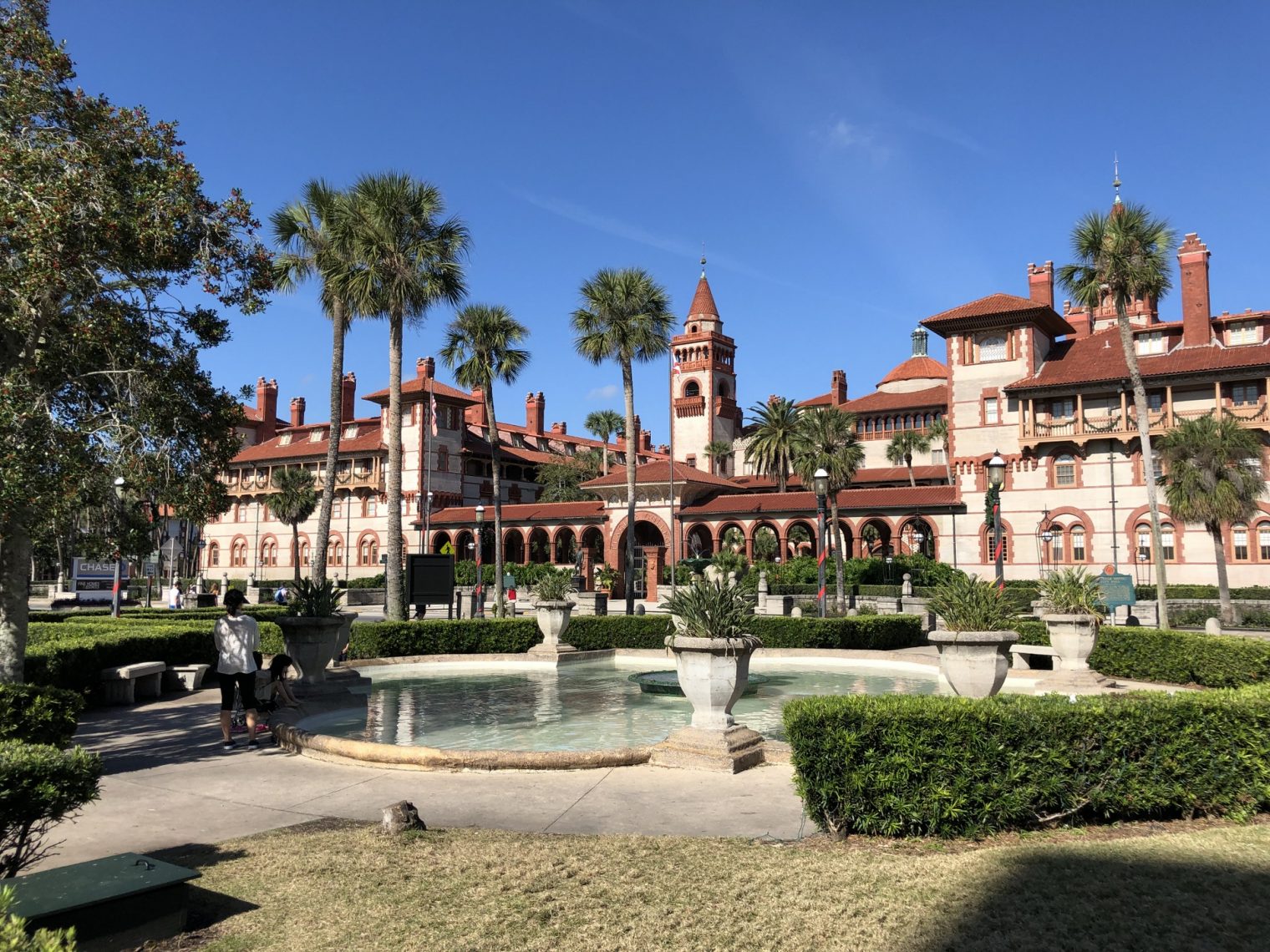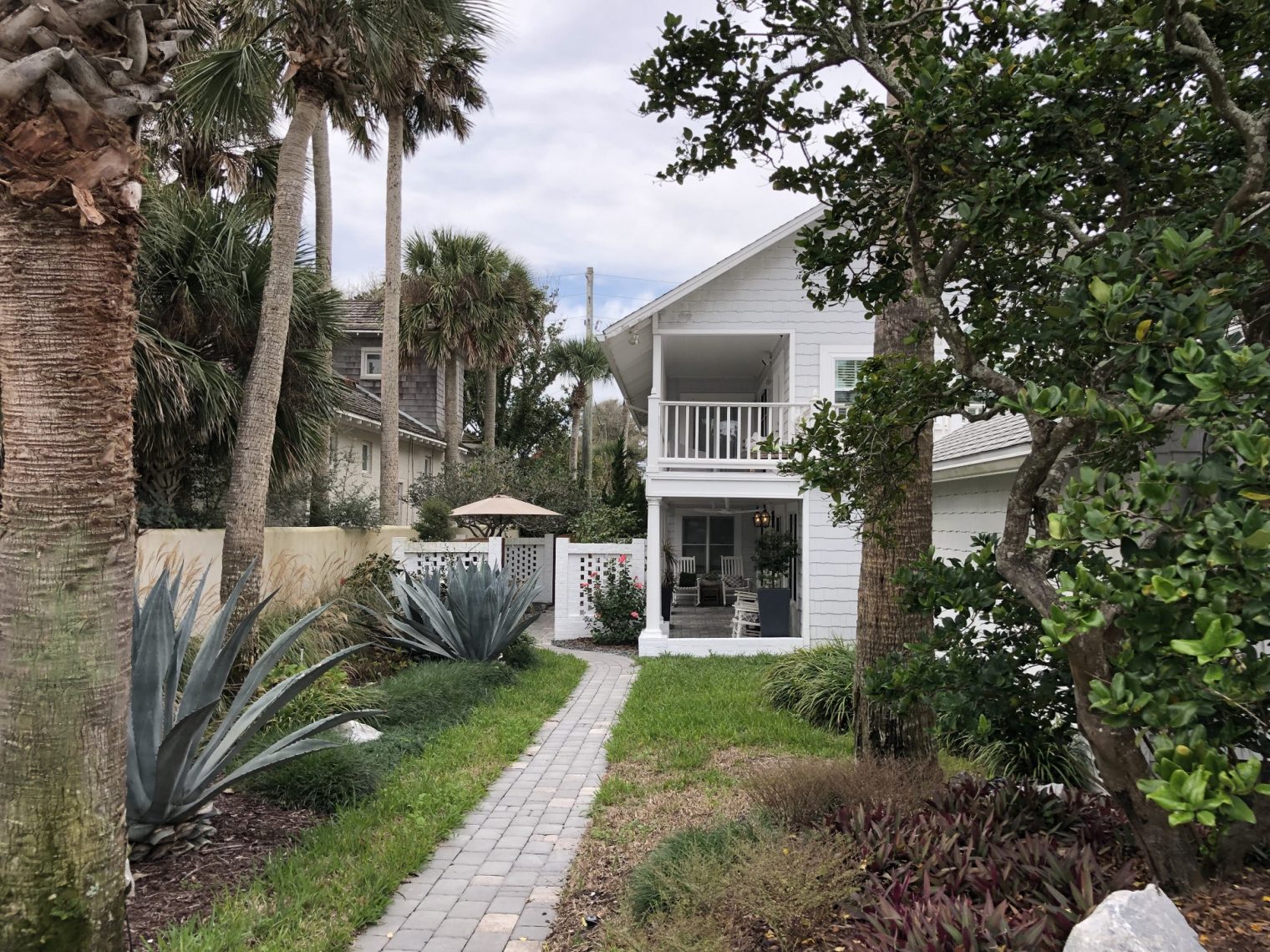I’ve been listening to America’s Founding Fathers, a lecture series by Allen Guelzo, a professor at Gettysburg College.
It turns out that all of the things that Americans fight and fret about today were issues around the time of the country’s creation (i.e., the traitorous and illegal secession from Great Britain).
People questioned whether a republican form of government made sense. From the notes:
… there had been only a few examples of successful republics in human history—particularly, Rome and Athens—and they offered only a handful of useful rules for guidance:
First, a republic must be harmonious. It cannot be divided in purpose; it must be guided by a common vision of the public good.
Second, it must be homogeneous—composed of citizens who are ethnically, economically, and socially more or less equal in wealth and status.
Third, a republic must be small, if only because harmony and homogeneity break down whenever the boundaries of a republic are drawn to include too many different kinds of people or so much territory that people cannot keep vigil over their fellow citizens.
Fourth, every citizen of a republic must be independent and self-sufficient enough to be able to occupy a public office.
Our Founding Fathers, including George Washington, questioned whether Americans were sufficiently virtuous to govern themselves. With the average person being primarily concerned with making money and quite a few folks “corrupt, selfish, and indolent,” how could the resulting conglomeration of these folks ever be sustainable? Washington, 1783:
the want of energy in the Federal government, the pulling of one state and party of states against another and the commotion amongst the Eastern people have sunk our national character much below par [and] brought our politics and credit to the brink of a precipice.
(i.e., we’ve been on the brink of a precipice for more than 230 years!)
During the Confederation period, Americans attacked political opponents, e.g., Robert Morris, the rebellious colonies’ first “superintendent of finance,” by alleging that people with high-level executive jobs were enriching themselves via corruption.
Politicians were not necessarily examples of traditional virtue in private matters:
[President of Congress Thomas] Mifflin retired from his congressional presidency and spent most of the remaining 16 years of his life in Pennsylvania politics and in what one critic described as “a state of adultery with many women.” Several towns and structures were named for him, but he also burned through most of his family’s fortune and ended up hiding from bill collectors.
The course is replete with examples of “How is it that we hear the loudest yelps for liberty among the drivers of negroes?” (Samuel Johnson). Patrick Henry:
In 1774, when he called on the House to begin arming Virginians for resistance to the Crown, Henry spoke his most famous words: “Is life so dear, or peace so sweet, as to be purchased at the price of chains and slavery? Forbid it, Almighty God! I know not what course others may take; but as for me … give me liberty, or give me death!”
Paying 1-2 percent of income in total tax (see this article Foreign Policy on what American colonists paid) was an intolerable state of “slavery” and equivalent to being in “chains,” for Henry, “a slaveholder throughout his adult life” (Wikipedia).
Early Americans complained about concentrations of wealth and considered themselves fortunate that the disparities were not as large as in Europe.
States maintained a degree of independence and sovereignty to a degree that would be unimaginable today. They would use this to issue their own paper currency, help their citizens escape paying debts to Britons or citizens of other states, and weasel out of their own financial commitments to the Continental Congress.
The bad news is that we’re not making any progress, but maybe the good news is that the disputes that described as “crises” every day in the New York Times were with us in the 1780s.
Full post, including comments 
















